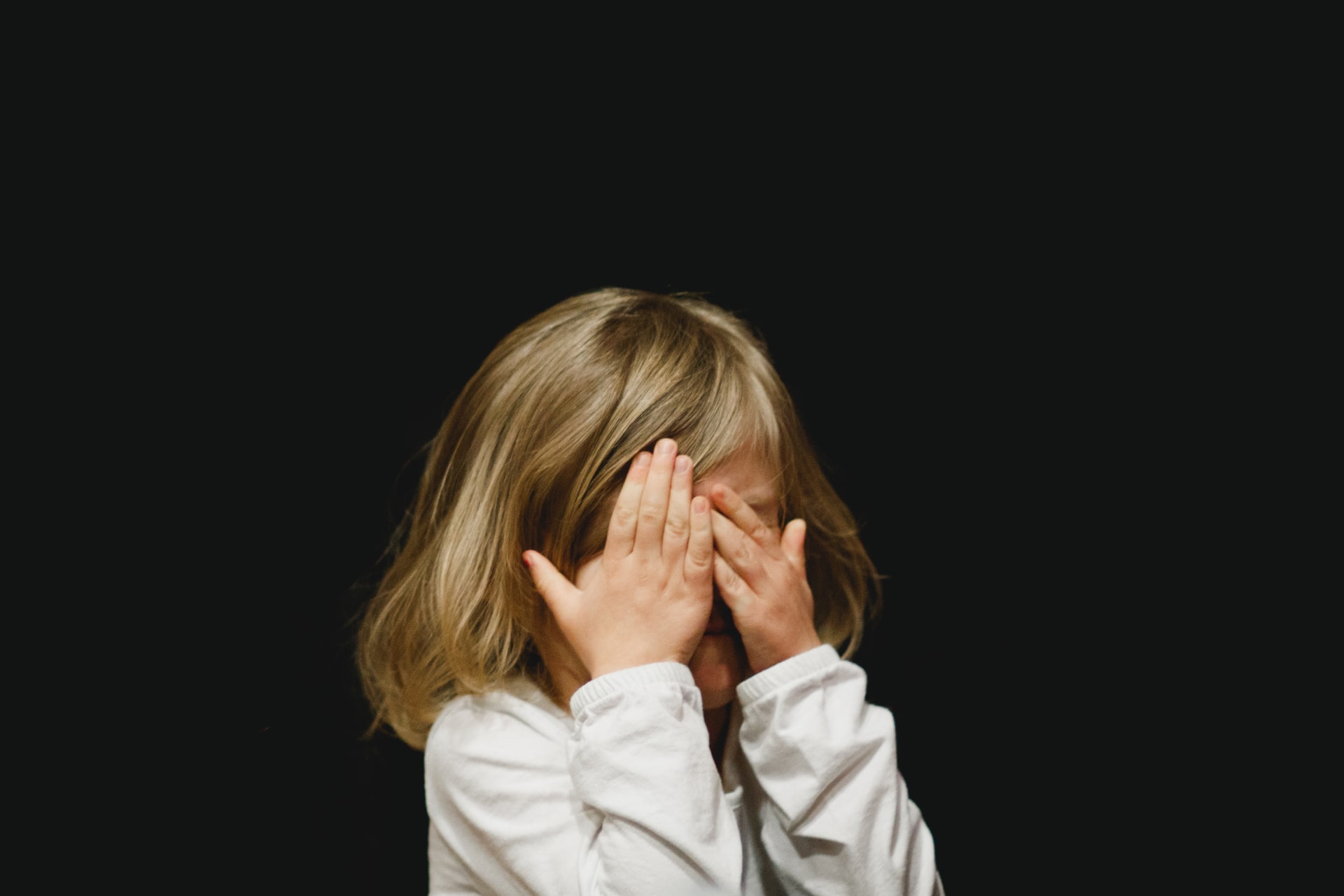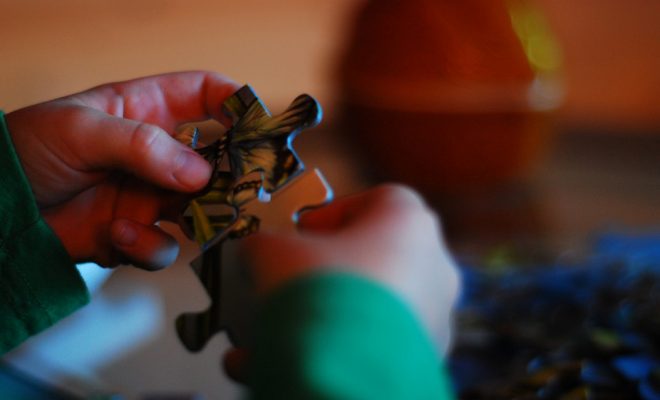What to Expect: Age 13

Your child has officially hit the teenage years. This is the time most parents have come to dread because they associate teenagers with angst and moodiness. While some of this may certainly be true, parents should know what to expect in every area of their child’s development. Do you know what is going on with your thirteen-year-old this year?
Using these benchmarks, you should be able to identify how your child is developing in comparison to peers. This can help you to offer additional support or address concerns with their pediatrician. All teenagers will develop at a different rate, so don’t worry if your child is a little behind in some areas. Over the next few years, they are likely to catch up with their peers.
Social and Emotional Development
By the teenage years, your child longs to be as independent as possible. They may beg for additional freedoms while still lacking overall maturity. Their emotions are tumultuous and mood swings can be sudden. Parents are often desperate for the hormones to settle down so their families can regain a sense of normalcy.
You can help your child to manage these mood swings by teaching them some stress tolerance techniques. Many children will need to develop more age-appropriate positive coping skills such as exercising, listening to music, or reading.
Pay careful attention to your child’s overall moods. A consistently low mood or depressed feeling could be the sign of a bigger issue. It’s important to bring these concerns to the attention of your child’s pediatrician as quickly as possible.
Friendships continue to hold significant value for your thirteen-year-old. Peers can often influence your child’s ability to make their own decision, which could be positive or negative. Teach your child about the dangers of peer pressure early on to prevent some negative situations at this age.
Cognitive Development
Your child should be capable of having a reasonable conversation about their feelings at this stage. Instead of acting on them as younger children are wont to do, adolescents can often express their emotions verbally. They will continue to develop the capacity for more complex thoughts, and morality will continue to mature.
Physical Development
The teenage years have arrived, which means your child is likely right in the middle of puberty. Your child is likely to hit a major growth spurt, which can make them self-conscious about their size. Continue to reassure them that this is a normal process. It can make a serious impact on their self-esteem to know that they are developing normally. Remember that your child’s self-esteem is still rapidly developing and shifting during this time period.
Parents often have a difficult time navigating the murky waters of adolescence. Make every attempt at keeping the lines of communication wide open with your child during these years. You can develop a strong relationship with your thirteen-year-old, even though they may attempt to push you away.
Relish the calm and tender moments you still have with your young teenager. They need your time, attention, and love more than ever before. You have the opportunity to give them the greatest gift by boosting their self-esteem and confidence.






